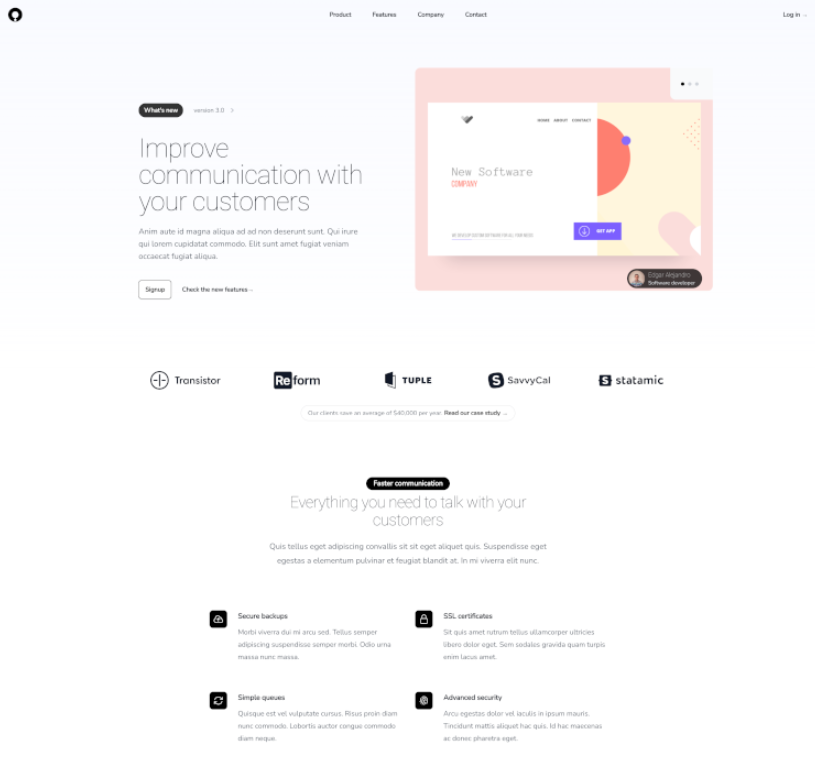Why Svelte Might Not Be the Best Choice for Large-Scale Serious Apps (And What to Use Instead)
Table of Content
As a web developer, I often get asked about frameworks for building scalable, powerful applications. While Svelte has gained popularity for its simplicity, I wouldn't recommend it for large-scale projects.
The Svelte Appeal: A Double-Edged Sword
Svelte positions itself as a revolutionary framework, promising a streamlined experience that allows developers to write less code while achieving more. Its reactive programming model makes it easy to manage state and create interactive components without the overhead commonly found in other frameworks like React or Vue.
This appeal draws many developers in, especially those new to the web development scene.
However, the drawbacks become apparent when you consider Svelte for large applications. Despite its impressive performance in small projects, it lacks a robust ecosystem and community support that are crucial for large-scale development.
The library of available packages is limited compared to frameworks like React or Vue.js, or even Frameworks as Next.js. This lack of resources can lead to potential roadblocks when you're building something substantial that requires specialized functionality or integrations.
The Community Factor
A strong community is crucial for large-scale development. With Svelte, you might find outdated information or limited solutions on forums, slowing your progress.
In contrast, frameworks like Next.js and Astro have large communities and comprehensive documentation, making it easier to find answers and implement best practices.


Why Next.js and Astro Are Better Choices
Next.js is an excellent option for large applications. Built on React, it offers server-side rendering, static site generation, and API routes. These features optimize applications for speed and SEO, supported by the vast React ecosystem, giving you access to numerous libraries and tools.

On the other hand Astro, excels at building fast, content-focused websites. It allows you to integrate components from various frameworks, providing flexibility while emphasizing performance through partial hydration, which reduces the amount of JavaScript sent to the browser.

The Non-Developer Dilemma
It’s amusing that many non-developer friends have become self-proclaimed experts, recommending Svelte as if it’s the ultimate solution. I appreciate their enthusiasm, but building applications requires careful consideration of the tools at hand.
Final Note
While Svelte offers a fresh perspective and is a fun tool for small projects, it doesn’t hold up well under the demands of large-scale applications. Its limited ecosystem and community support can hinder development efforts when the going gets tough.
For serious projects, Next.js and Astro provide powerful alternatives that are backed by strong communities and extensive resources. They allow developers to build scalable, efficient applications without the headaches that come with lesser-known frameworks.
So, the next time a non-developer friend tries to sell you on Svelte, smile politely and maybe share a quick tutorial on Next.js or Astro instead. After all, we want them to have the best experience possible—preferably without the toddler-style paint job!












